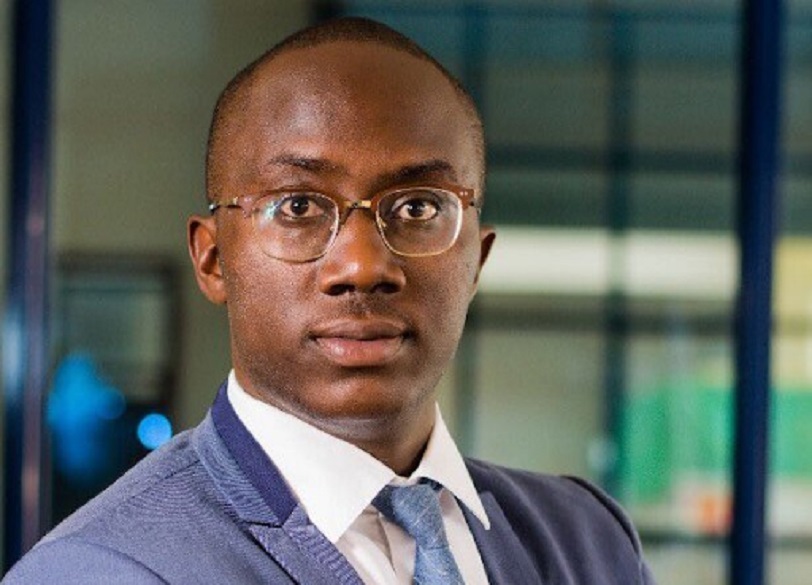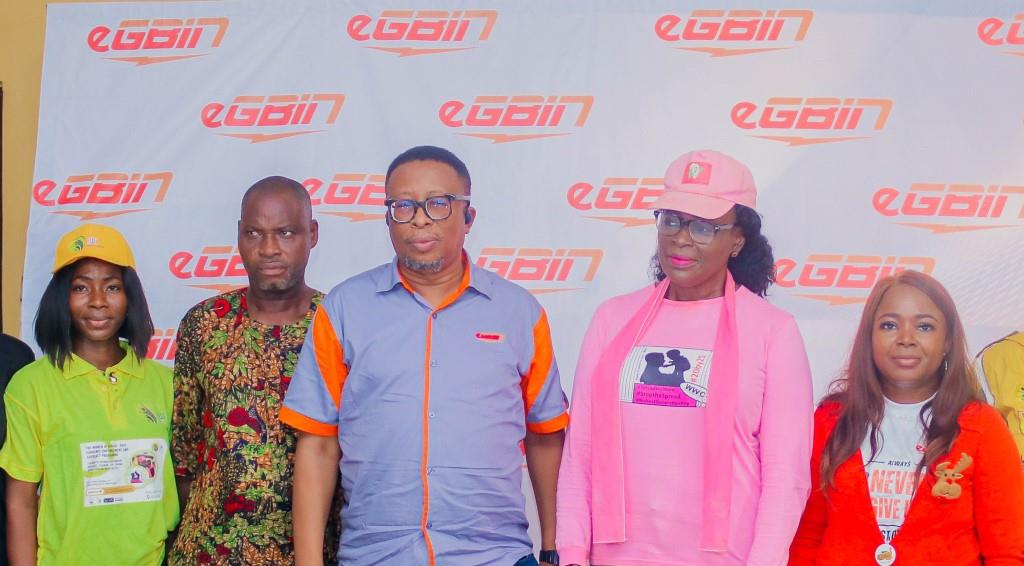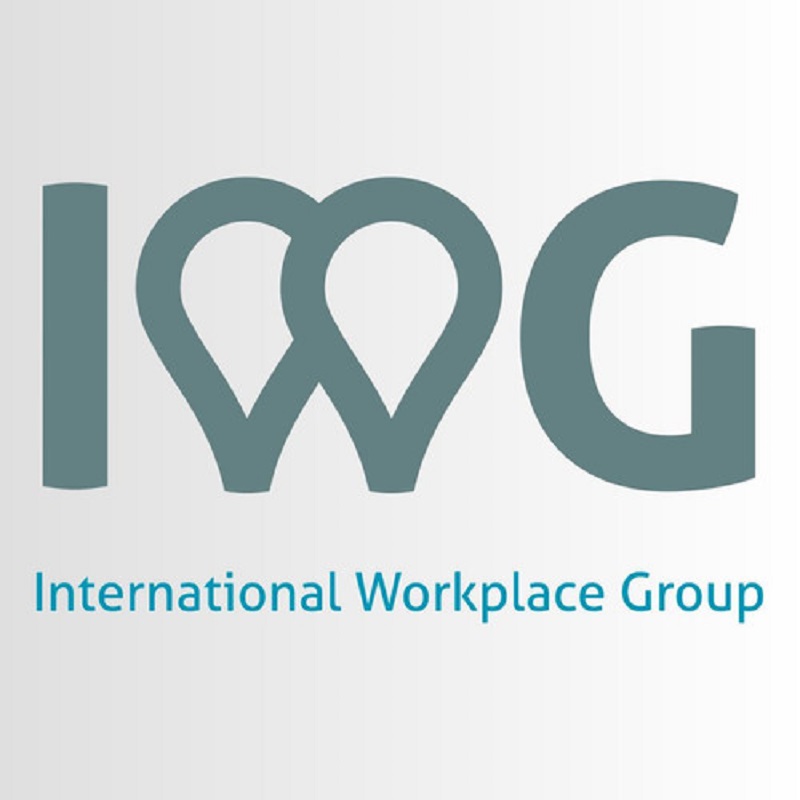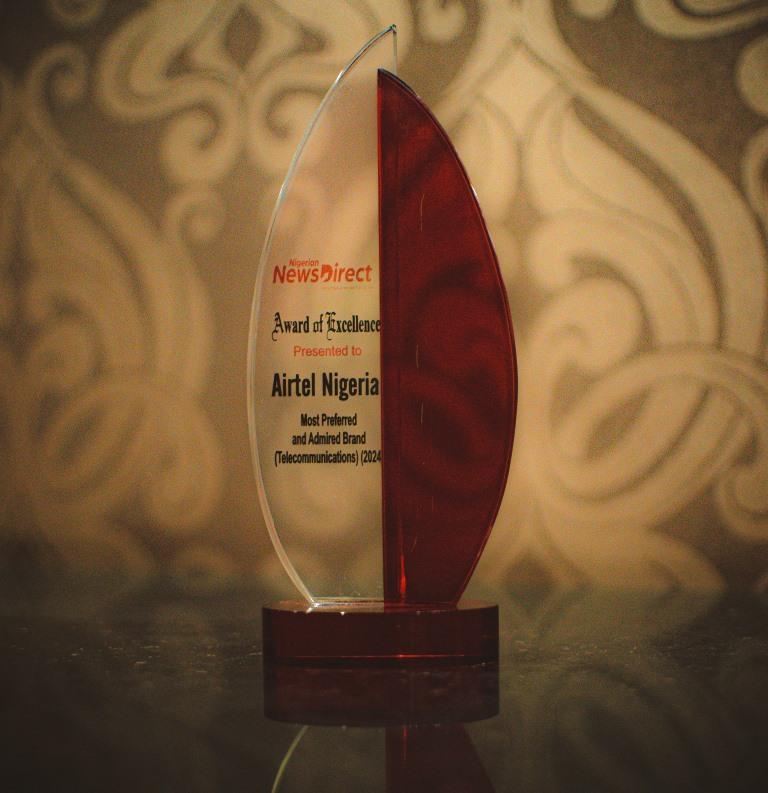Brands/Products
Buy Now Pay Later Isn’t Just About Increasing Retail Sales, it’s Also a Form of Financial Inclusion

By Eric Muli
It’s no secret that there’s still a long way to go when it comes to achieving true financial inclusion in Africa. As recently as 2021, 45% of people in sub-Saharan Africa didn’t have access to a formal bank account.
That doesn’t just make it difficult for them to save effectively, but also to access formal lines of credit.
The thing is, when most people talk about financial exclusion and the proposed solutions to it, they tend to focus on the “big” economic movers that come with financial inclusion.
A lot of attention, for example, is given to affordable home and vehicle financing and business and education loans. That’s understandable too: those are all vital tools in helping people advance economically.
But financial inclusion can’t be limited to those big-ticket items. It must also cover many of the day-to-day purchases that people in other markets take for granted. We cannot, after all, talk about real financial inclusion if someone can access a business loan but still has to approach informal lenders to pay for their child’s school uniforms and stationery.
It’s why the rise of “buy now, pay later” (BNPL) services in Africa is so important. These services allow people to purchase items and choose to pay for them over a specified period, typically in instalments with low interest rates.
Unlike lay-by offerings, people are allowed to take possession of their goods immediately. While these offerings are most visible online, they’re increasingly common in physical retail spaces too.
A personal journey
There are many examples of how BNPL can empower ordinary Africans by enhancing their purchasing power. Maybe it’s someone needing to buy a new suit for a job interview, a promising athlete needing a new pair of running spikes as they look to secure a university scholarship, or someone needing to buy a laptop to start their side hustle.
Sometimes (as I discovered myself when I returned to Kenya in 2017 after studying in the USA), it’s just about staying connected. As I trawled the malls of Nairobi looking to buy a phone (something few of us can live without), I realised that very few stores had the option to pay off a device in instalments. It came as a stark contrast to the US, where instalment plans are available almost everywhere.
But it was also a lightbulb moment that inspired the founding of Lipa Later. I realised how effective BNPL could be in the Kenyan and broader African contexts, particularly if it was adapted to the way Africans shop.
That vision was further crystallised in the early days of the business when my co-founder Michael Maina spent hours walking around malls, speaking to shoppers. Many, he found out, wanted a specific phone that was just out of reach but which they could easily pay off over a few months.
BNPL for predominantly offline markets
While many of us are familiar with BNPL in e-commerce contexts, we knew that launching an e-commerce-only BNPL product would have limited efficacy in an African context. Even in a country as renowned for embracing technology as Kenya, online made up just 4% of all retail sales in 2021 (the most recent year for which I could find figures).
But getting physical retailers on board with the concept wasn’t always easy. In the early days especially, there were a lot more noes than yeses. Nonetheless, we persisted because we knew that, implemented correctly, the BNPL solution we were building could be a “lifeline for a lifetime” for both our retailer and consumer customers.
As a result, today, we have a BNPL offering that works as effectively in offline physical retail settings as it does online. And because we’ve taken an attitude that everything about Lipa Later, from the name (Lipa is Swahili for “pay”) to the technology, should be tailored for Africa, we’ve been able to expand beyond Kenya into Uganda and Rwanda.
We also welcome the growing competition in the African BNPL space, not only because it’s pushed us to keep improving our own offering (a partnership with Mastercard means that we’ll soon be rolling out the first buy now, pay later card in Africa, for example) but also because it’ll help advance financial inclusion across Africa.
An increasingly important financial inclusion tool
While BNPL can’t eliminate debt entirely, it can make a dent in it, and with nearly 60% of Kenyans living in debt and similarly high numbers across many countries on the continent, its role will only become increasingly important.
Without having to resort to expensive informal lenders, customers can save more of their money or use it on things that improve their lives, rather than simply servicing debt. As operators become mature and innovative (rewarding the best-paying customers with even lower interest rates, for example), its value will keep growing
But consumers aren’t the only ones who benefit from this expanded financial inclusion. Retailers also benefit from increased customer bases. Those increased sales, in turn, can lead to expansion and even contribute to national economic growth.
So, as important as more traditional forms of financial inclusion are, it’s important to remember that consumer spending power is a critical component of financial inclusion, too. Tailored effectively to African realities, there are few more powerful instruments for improving that spending power than BNPL.
Eric Muli is the Founder and CEO of Lipa Later
Brands/Products
Egbin, Ijede, Ipakan Residents Troop Out for Egbin Power Annual Medical Outreach

By Modupe Gbadeyanka
Residents of Egbin, Ijede, and Ipakan in Lagos State recently trooped out for the 7th Annual Medical Outreach of Egbin Power.
The three-day medical outreach was organised in partnership with a Non-Governmental Organisation (NGO) known as Livewell Initiative in line with the power-generating company’s commitment to ensuring healthy lives and well-being of its host communities.
This programme also aligns with the United Nations (UN) Sustainable Development Goal 3 (SDG 3) – Good Health and Well-being.
The outreach attracted over three thousand people, including children, adults and nursing mothers, who enjoyed cardiovascular, arthritis, dental, eye-check, diabetes tests, malaria treatment, hepatitis screening, and blood pressure examination.
It was gathered that eyeglasses, dental kits, and medications were administered at no cost to the residents after careful examination by qualified medical practitioners.
“At Egbin Power, we recognise that the health and well-being of our host communities is crucial to our success. This medical outreach programme is one of the ways we demonstrate our commitment to giving back to our host communities.
“It is also in alignment with our commitment to SDG 3 and we believe that access to quality healthcare is a fundamental right, and we will continue to work towards making it a reality for all,” the Head of Corporate Communications and Branding at Egbin Power, Mr Felix Ofulue, stated.
“We are proud to partner with Egbin Power on this medical outreach programme. Together, we are making a positive difference in the lives of the people in these communities,” the Managing Director of Livewell Initiative, Dr Bisi Bright, said.
Also speaking at the event, the Aro of Egbin Kingdom, Mr Olayemi Olukunga, said, “We are grateful to Egbin Power for their kindness and generosity. This medical outreach programme has become an annual tradition that we look forward to, and we appreciate the positive impact it has on our community.”
One of the beneficiaries, Mrs Wasilat Ogundipe, thanked Egbin Power for the gesture, saying, “It affords us timely access to free medical examinations, enabling our children, parents and vulnerable community members to address their health concerns.”
Brands/Products
IWG Plans Flexible Working Spaces in Lagos Amid Growing Demand

By Adedapo Adesanya
International Workplace Group (IWG), the world’s largest provider of hybrid working solutions with notable brands like Spaces and Regus, is opening two state-of-the-art flexible workspaces in Lagos to meet the rising demand.
The addition of IWG’s latest locations, HQ Lagos Lekki Link Bridge and Regus Lagos Mansard Place, followed the business posting its highest-ever revenue, cashflow and earnings growth in its history and achieving rapid network growth, signing 465 new locations in the first half of 2024 alone.
According to the company, the adoption of hybrid working rapidly is accelerating across Nigeria and these new locations in Lagos are part of the drive by IWG to meet the sharply rising demand for top-class flexible working space in the area.
Its unique offering will enable local people to experience living in a “15-minute” city, allowing workers to work close to their homes without commuting far from where they live.
The HQ workspace is set to open in Lekki in March 2025 and will It will be located on the 2nd and 3rd floor while the Regus location at Mansard Place (situated at Plot 928, Bishop Aboyade Cole Street, Victoria Island) will be on the 3rd floor of the six storey building and will open in February 2025.
The buildings will provide space for established firms and start-ups across a range of industries, while IWG’s Design Your Own Office service allows companies to tailor their space entirely to their requirements. The new locations will include facilities including private offices, meeting rooms, co-working and creative spaces.
With explosive market growth as companies of all sizes adopt hybrid working for the long-term, it is predicted that 30 per cent of all commercial real estate will be flexible workspace by 2030 and IWG believes that partners will be able to capitalise on this fast-growing sector,
The potential for further growth is exponential with an estimated 1.2 billion white collar workers globally and a total addressable market of more than £1.57 trillion. Conventional office occupancy will continue to fall as businesses require less traditional space and turn to flexible workspace instead.
Last year alone, IWG welcomed over 800 new partner locations and counts 83 per cent of Fortune 500 companies among its customer base.
Speaking on this, Mr Mark Dixon, CEO & Founder of International Workplace Group Plc, commented: “We are establishing a stronger and much-needed footprint in Nigeria with this these latest openings.
“As an important business hub Lagos is a fantastic place for us to boost our expansion plans. The need for high-quality flexible workspaces continues to soar as hybrid working becomes the new normal.
“We are very pleased to work in partnership with Sterling Bank and APD Mansard Place to develop the brand under a management agreement that will add a cutting-edge workspaces to their the buildings.
“Our openings in Lagos comes at a time when more and more companies are discovering that flexible working boosts employee happiness and satisfaction, while helping the environment. Our workplace model is also proven to increase productivity and allows for a business to scale up or down at significantly reduced costs.”
Brands/Products
Airtel Nigeria Wins Most Preferred Telecom Brand Award

By Modupe Gbadeyanka
Another award has been added to the shelves of Airtel Nigeria for the quality service it offers its numerous subscribers.
At the 14th Nigerian NewsDirect Awards held at the Lagos Oriental Hotel on Friday, December 6, 2024, the company went home with the Most Preferred and Admired Telecommunications Brand award.
The chief executive of Airtel Nigeria, Mr Dinesh Balsingh, thanked the news platform for the recognition, reiterating the dedication of the organisation towards the growth of Nigeria.
“At Airtel, we remain steadfast in our mission to enrich lives and contribute to the sustainable growth of our nation, and we are proud to receive this award as the Most Preferred and Admired Telecommunications Brand.
“This recognition reaffirms our commitment to connecting Nigerians, driving digital inclusion, and empowering communities through innovative solutions,” he said.
The ceremony, themed Achieving Economic Prosperity: The Role of Human Capacity Development, Fiscal Prudence, and Revenue Generation, celebrated outstanding contributions made by individuals and corporate organisations to national development across sectors and industries.
The chairman of Odu’a Investment Limited, Mr Bimbo Ashiru, thanked all participating entities for their “continuous contributions and support to the nation’s growth.”
“You have demonstrated excellence and have significantly contributed to Nigeria’s progress and we believe this platform will continue to highlight and encourage best practices across industries,” he stated.
The event attracted several persons, including the chairman of the Lagos State Internal Revenue Service (LIRS), Mr Ayodele Subair; and the Registrar-General of the Corporate Affairs Commission (CAC), Mr Hussaini Ishaq Magaji; among others.
-

 Feature/OPED5 years ago
Feature/OPED5 years agoDavos was Different this year
-
Travel/Tourism8 years ago
Lagos Seals Western Lodge Hotel In Ikorodu
-

 Showbiz2 years ago
Showbiz2 years agoEstranged Lover Releases Videos of Empress Njamah Bathing
-

 Banking6 years ago
Banking6 years agoSort Codes of GTBank Branches in Nigeria
-

 Economy2 years ago
Economy2 years agoSubsidy Removal: CNG at N130 Per Litre Cheaper Than Petrol—IPMAN
-

 Banking2 years ago
Banking2 years agoFirst Bank Announces Planned Downtime
-

 Sports2 years ago
Sports2 years agoHighest Paid Nigerian Footballer – How Much Do Nigerian Footballers Earn
-

 Technology4 years ago
Technology4 years agoHow To Link Your MTN, Airtel, Glo, 9mobile Lines to NIN
























